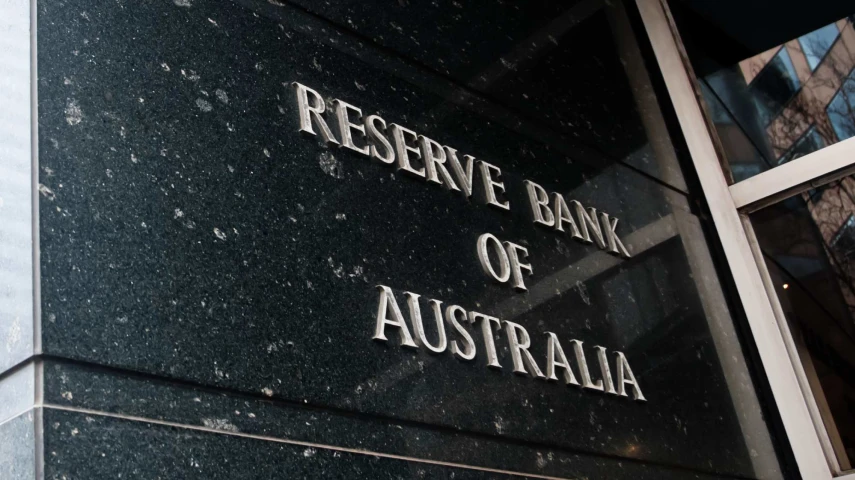Global credit investments can counter rate rises: Pengana



Global credit has the potential to diversify Australian investment portfolios away from more volatile asset classes and act as an “insulator” against interest rate rises, according to fund manager Pengana.
Interest rates were raised 25bps this week by RBA governor Michele Bullock to reach 4.35 per cent and have risen more than 4 percentage points since May 2022 which is putting pressure on consumers and homeowners.
According to Pengana, global credit is being used by institutional investors to provide them with the ability to roll with interest rate movements as well as providing diversification.
Nehemiah Richardson, CEO of Pengana Credit, said Australian wholesale and retail investors need more options to diversify their portfolios with income-producing investments that have low volatility and correlation to traded markets.
Pengana recently opened its Diversified Private Credit Fund to wholesale investors and is “working on” providing retail access. The fund will target a total net return equivalent to the RBA cash rate plus 8 per cent.
“Global private credit securities are predominantly floating rate, so reset either monthly or quarterly as interest rates move. Floating rate securities are very attractive as the rate move preserves the value of capital. So while there is no perfect hedge for inflation, a floating rate is a significant insulator,” Richardson stated.
Not only that, Richardson said inflation is eroding the value of cash and term deposits, while liquid credit markets can be volatile, particularly when central banks move rates as quickly as they have over the past 12 months.
“Bonds that trade suffer when rates go up, unless they are floating rate. Global private credit adds diversification, capital stability and return-generating potential.”
Richardson explained that private credit portfolios often comprise hundreds of different securities spanning different regions, non-cyclical industries, maturities and strategies. In addition, they have some protection against defaults as the lender has significant information on the borrower and can intervene early if the company’s performance starts to deteriorate.
“While this is a general characteristic, it can be particularly handy in uncertain economic environments,” he added.
Click here to listen to Pengana’s episode on the Relative Return podcast with Russel Pillemer, co-founder and chief executive, discussing private markets.
Recommended for you
Clime Investment Management has welcomed an independent director to its board, which follows a series of recent appointments at the company.
Ethical investment manager Australian Ethical has cited the ongoing challenging market environment for its modest decrease in assets over the latest quarter.
Commentators have said Australian fund managers are less knowledgeable compared with overseas peers when it comes to expanding their range with ETFs and underestimating the competition from passive strategies.
VanEck is to list two ETFs on the ASX next week, one investing in residential mortgage-backed securities and the other in Indian companies.














